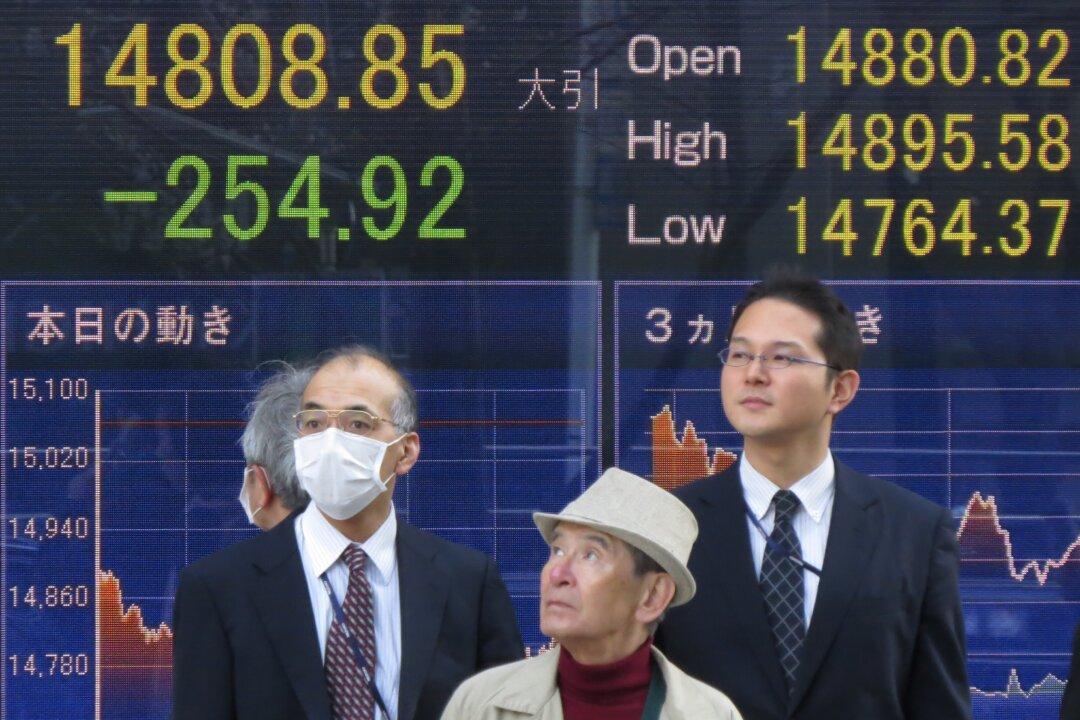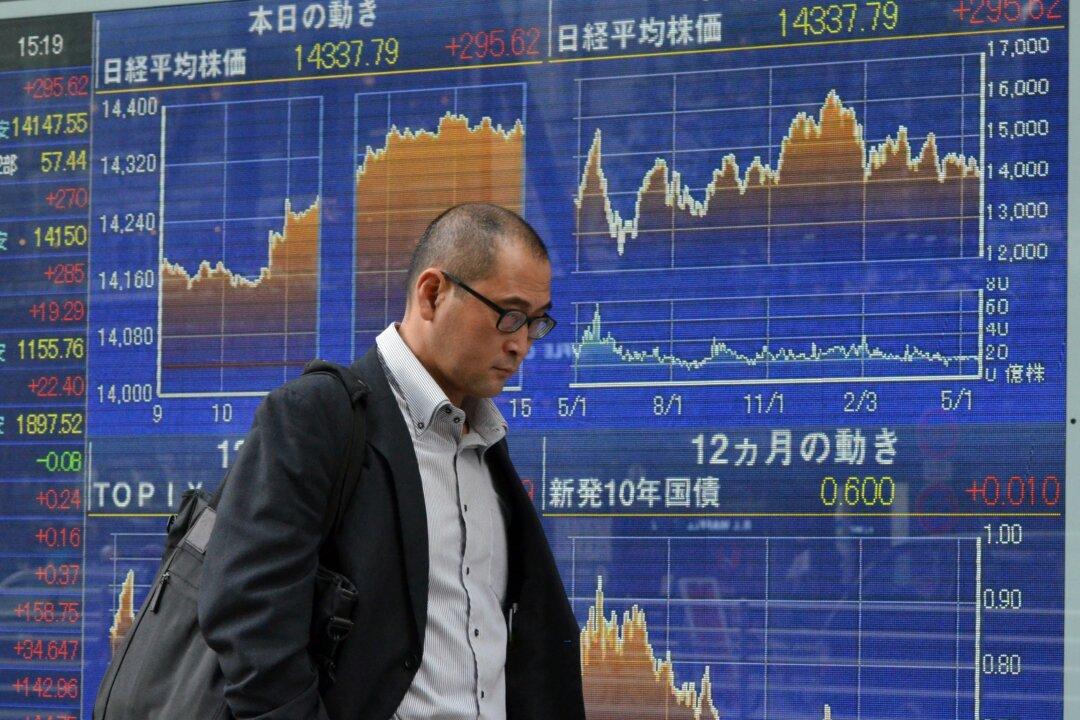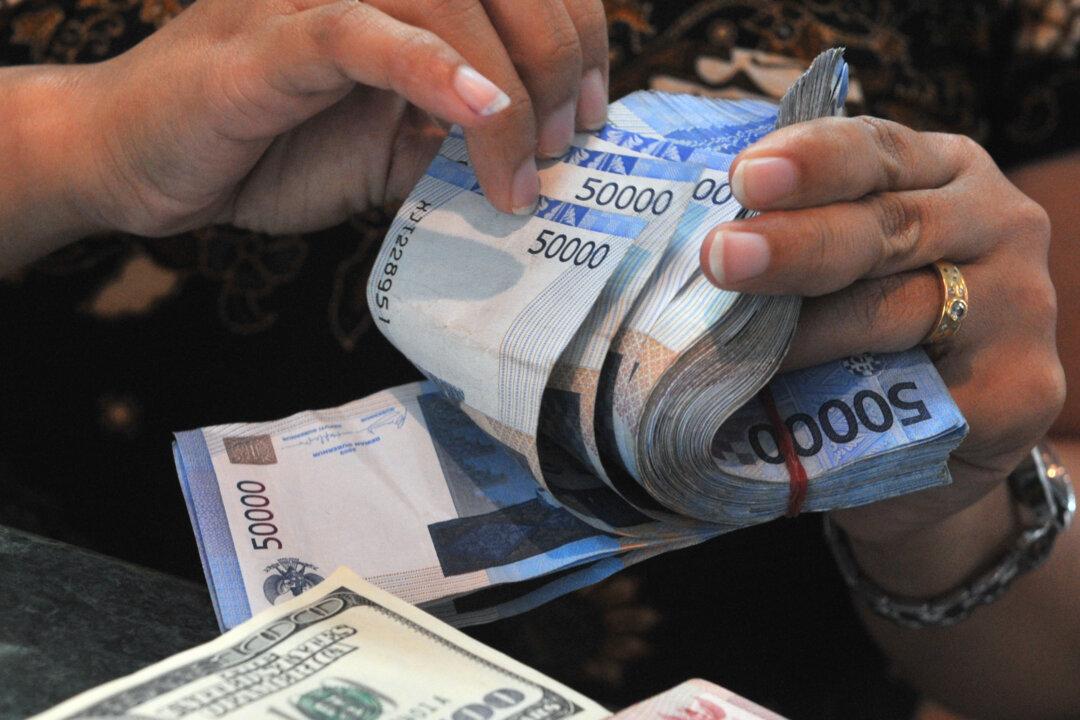For an extended period of time after World War II, Japan had the potential to be a major economic power behind the United States, given its relatively clean political and legal system, traditional emphasis on education, disciplined workforce, and large population base. But it is now pretty clear that its economic importance will rank far behind the United States, and instead belong to the second-tier economic power club, along with Germany and perhaps even South Korea in the near future.
It should also be noted that Germany has the natural advantage of being in the middle of the EU, so it is much easier to become the dominant regional power than Japan, as an island nation, cam in its region. South Korea has the added benefit of being a much stronger player in Asia than Japan in the cultural arena of traditional Confucianism, thus elevating its overall influence.
At first glance, South Korea is an unlikely competitor to mighty Japan: Its long history of farming and Confucian teachings suggest a more Taiwan-like society where small and medium businesses excel. But the extremely savage treatment Japan meted out to Korean people for more than 50 years changed the mentality of its residents significantly.
The origin can be traced to the harsh colonization of Korean Peninsula more than 100 years ago. Starting in 1905 hundreds of thousands of Japanese settled in Korea and within a very short period of time nearly 50 percent of the best land in Korea was owned by Japanese. Koreans were under strict police rule for years at the beginning of colonization and later were taught to work and live like Japanese. During the years of World War II Koreans even had to change their names to Japanese and more than 5 million Koreas were working for Japanese wartime industrial structure. More than 70,000 Koreans died in the atomic bombings of the cities of Hiroshima and Nagasaki.
As a consequence of the cruel and barbaric colonization, South Korea became a nation very similar to Japan in terms of labor force discipline but with several competitive advantages in their race to surpass Japan after the Korean War—especially since the 1980s, when South Korea became more and more democratic and its economy began to boom.
Here are three advantages South Korea has over Japan:
- A more united and disciplined population given the military threat from North Korea and economic competition from China.
- More competent management: many South Korean managers graduated from top U.S. schools and had worked in multinational corporations in the United States before returning to South Korea, while Japanese corporations used mostly internally promoted managers who were educated in Japan and thus had little experience in Western ways of running businesses.
- The more Westernized workforce of software engineers of South Korean companies gives them a clear edge over their Japanese peers, given the prominent role played by software in today’s economy.
Japanese colonization of Korea left many scars in the psyche of Korean people, which inflicted pain for many years after World War II, like the “comfort women” issue. Surpassing Japan has become a national passion to redeem the suffering of the colonial days.
The Japanese rule also created long-lasting emotional divides among Korean people. For example, during World War II, many Koreans took part in Japanese invasion in many countries, such as Lt Gen. Hong Sa-ik, who was in command of all the Japanese prisoner-of-war camps in the Philippines. He was executed after the war. After Korea regained its independence, Hong’s family became the target of blame and ostracism by various factions in Korea. His eldest son Hong Guk-seon graduated from Japan’s Waseda University and afterward worked in the Bank of Chosen, but was removed from his position on the orders of Syngman Rhee. He and his mother, Hong’s widow, later immigrated to the United States to escape the persecution.
If Japan had not colonized Korea and instead behaved as a responsible member of the international community, its status in the world would be much higher and it could easily be the No. 2 economic power behind the United States, leaving Korea and Taiwan behind.
Warren Song is a New York-based financial consultant.




